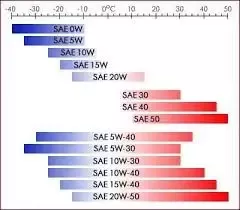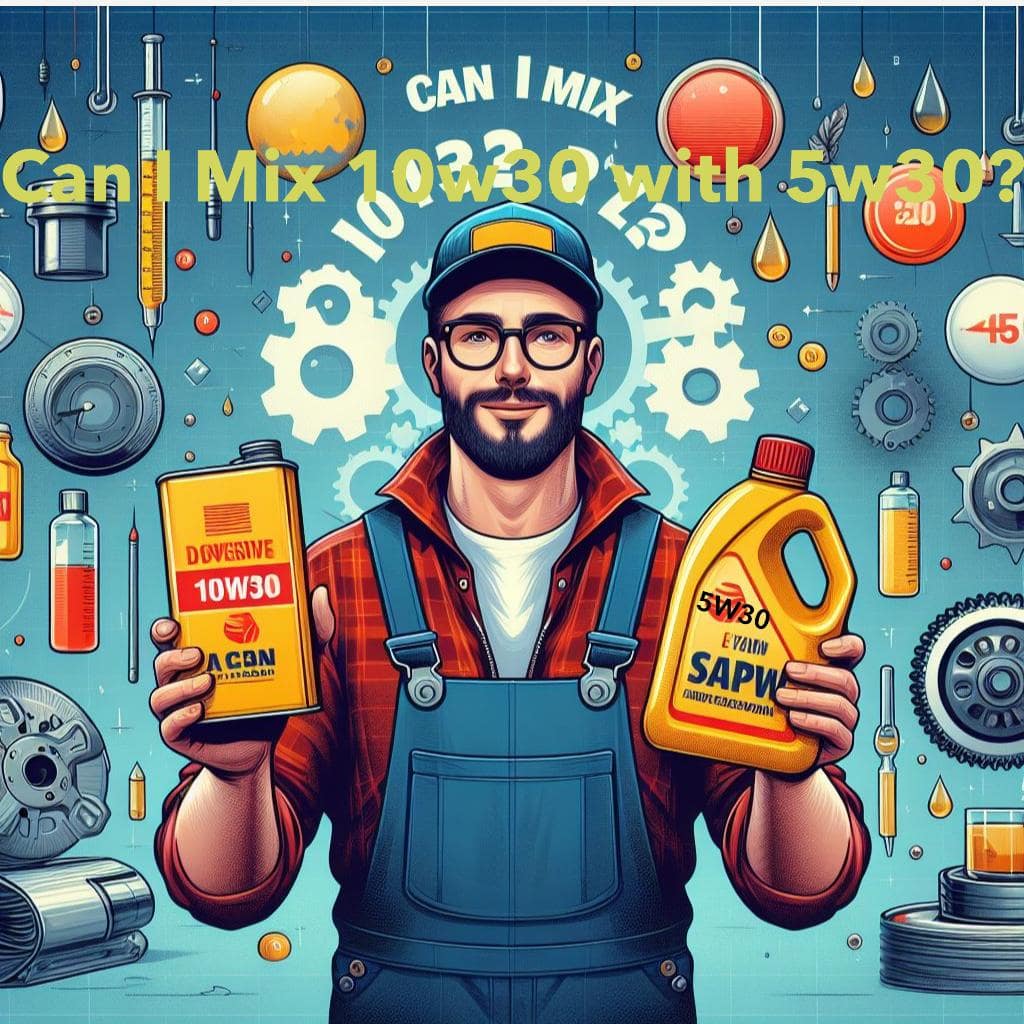Why is My Car Not Accelerating Smoothly?
Have you noticed that your car is not accelerating as smoothly as it used to? This can be a frustrating and potentially dangerous issue, as it can affect your ability to merge onto highways or overtake other vehicles. In this blog post, we will explore some common reasons why your car may not be accelerating smoothly and discuss possible solutions.
1. Clogged Air Filter
One of the most common causes of poor acceleration is a clogged air filter. The air filter prevents dirt and debris from entering the engine, but over time, it can become clogged and restrict airflow. This can lead to a decrease in engine power and sluggish acceleration. To fix this issue, you can either clean or replace the air filter. This is a relatively simple and inexpensive fix that can greatly improve your car’s performance.
2. Dirty Mass Air Flow Sensor
The mass air flow sensor measures the amount of air entering the engine and sends this information to the engine control unit (ECU). If the sensor becomes dirty or contaminated, it may not accurately measure the airflow, leading to poor acceleration. Cleaning the mass air flow sensor with a specialized cleaner can often solve this issue.
3. Clogged Fuel Filter
A clogged fuel filter can restrict the flow of fuel to the engine, resulting in poor acceleration. Over time, the fuel filter can accumulate dirt, debris, and contaminants, causing it to become clogged. Replacing the fuel filter is a relatively simple task and can greatly improve your car’s acceleration.
4. Clogged Fuel Injectors
Fuel injectors spray fuel into the engine cylinders for combustion. Over time, they can become clogged with carbon deposits, resulting in poor fuel atomization and reduced engine power. Cleaning the fuel injectors using a fuel system cleaner can often solve this issue and restore smooth acceleration.
5. Faulty Spark Plugs
Spark plugs ignite the air-fuel mixture in the engine cylinders, creating the combustion necessary for engine power. If the spark plugs are worn or fouled, they may not ignite the mixture properly, leading to poor acceleration. Replacing the spark plugs at regular intervals can help maintain smooth acceleration.
6. Clogged Catalytic Converter
The catalytic converter is responsible for reducing harmful emissions from the exhaust gases. Over time, it can become clogged with carbon deposits, restricting the flow of exhaust gases and causing sluggish acceleration. If you suspect a clogged catalytic converter, it may need to be replaced to restore proper acceleration.
7. Transmission Issues
In some cases, poor acceleration may be caused by problems with the transmission. A worn-out clutch, slipping transmission, or faulty torque converter can all contribute to sluggish acceleration. If you suspect a transmission issue, it is best to have it diagnosed and repaired by a professional mechanic.
8. Other Potential Issues
There are several other potential issues that could cause a loss of power while accelerating. These include a faulty sensor, contaminated fuel or air filters, or a faulty timing belt. It is recommended to have your car inspected by a qualified mechanic to identify and address any underlying issues.
Read More: Engine Oil Light Issues When Accelerating: Quick Fixes
In conclusion, there are several reasons why your car may not be accelerating smoothly. From clogged air filters to faulty spark plugs and transmission issues, each problem requires a specific solution. Regular maintenance and prompt attention to any performance issues can help keep your car running smoothly and ensure safe and efficient acceleration. If you are unsure about how to address the problem, it is always best to consult with a professional mechanic who can diagnose the issue and provide the necessary repairs.


